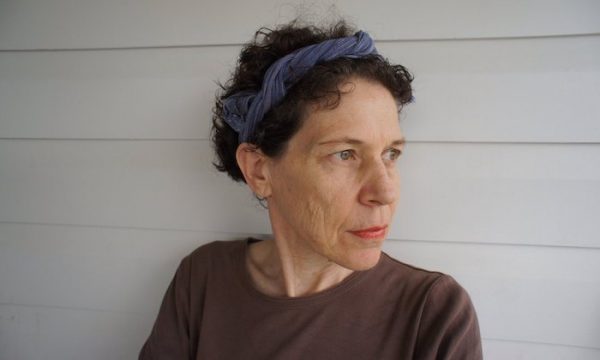An inquiry into western society’s dysfunctional relationship with mortality, and a luminous account of one writer’s search for a good death of her own

Most of us won’t get any say in how or when we die. But even knowing that, the question of what makes a good death feels important, even urgent. What is the best that we can realistically hope for, at the end? If you subscribe to an organised religion, you might focus on living virtuously in the hope of a posthumous reward. The rest of us need to know how to go about dying with some dignity and grace, amid the grubby imperfection of the real world. The Australian writer Cory Taylor managed it, and she has left us her wisdom and experience in this book, which is part memoir, part critical examination of western society’s dysfunctional relationship with mortality.
Taylor was 60 when she was told that what had started off as a melanoma was now incurable cancer. She had already witnessed the reality of “dying badly”: both her parents died in nursing homes after long and humiliating descents into dementia. The last time Taylor saw her mother, she watched as a nurse changed her nappy. “The look in my mother’s eyes as she turned and saw me,” she writes, “reminded me of an animal in unspeakable torment.” Taylor’s one comforting thought when she received her own terminal diagnosis was that she wouldn’t have to go like that: she had the time, and the mental capacity, to find her way towards a better death.
En route, she became something of an ambassador for the dying. When she first found herself in a ward of terminally ill people, it was as if she “had stumbled out of a land of make-believe into the realm of the real”. Death, she realised, was the great unmentionable; a “monstrous silence” that left those facing it lonelier then ever. There was very little help on offer to a non-religious person who wanted to die well. Why, she found herself wondering, do doctors avoid talking about death with their patients? Why is there so much funding for hugely expensive cancer treatments, even when they are ineffective, and so little for research into palliative care and support? And why have we allowed the debate about assisted dying to be dominated by religious groups?
Taylor was tempted by assisted dying. After several almost comically unhelpful interactions with medical professionals (her family doctor, referring her for counselling, wouldn’t describe her problem as “dying” but rather as “adjustment disorder”), she joined Dignitas and Exit International. She even got as far as ordering a euthanasia drug from China. But though the knowledge that she could end it herself was important to her, she couldn’t actually do it. In the absence of a supportive legal system, she would have had to take the drug alone, and she worried about the impact on her loved ones and the people who found her. She didn’t want the word “suicide”, with its connotations of mental turmoil and despair, on her death certificate.
“It surprises me that I have any qualms at all,” she writes of that decision, “since I have never thought of myself as a person of particularly high moral standards.” Along with the precision of her writing, it is Taylor’s lack of self-righteousness that lends this book its very special quality. She doesn’t embark on a “spiritual journey”, set herself up as any kind of guru, or even offer answers as such. There is no phoney narrative of redemption – indeed, much of the narrative is devoted to exploring rifts in her family which remained irreconcilable to the end. There was a depressed grandmother, and a property dispute in her mother’s generation; then her mother and father divorced after many miserable years in which he dragged his family around the world on a series of wild goose chases. Taylor was estranged from her father when he died, and she wasn’t on particularly good terms with her siblings. “A different family might have managed to put all this history behind them,” she writes; hers did not.
In the absence of happiness ever after, we are bound to hope for some sense of resolution. Taylor, for whom writing was an obsession since childhood, focuses on remembering the experiences that shaped her character, and finding the right words to describe them. She is sparing about what she includes, but each scene has a luminous quality, a little like her description of the light in Fiji, where she lived briefly as a child: “so pure that it infused every object with an extra intensity, so that a flower was not just red, or a blade of grass just green.” We see the moment in which she first recognised desire (in the eyes of her mother, meeting a handsome Texan), and her first intimation of mortality, watching a kookaburra swoop down from a branch to kill a skink. We see her going to buy her Fijian school uniform, “pink, mint-green … open-weave cotton with its delicious sugary smell”.
She seems to say that our lives, in all their glorious messiness, are their own reward. “The accident of birth is just that. And so is everything that happens afterwards, or so it seems to me.”
Taylor died in July, shortly after this book was published in Australia, and there is no end note to tell us whether her desire for a good death was rewarded. Naturally, I googled it: she died peacefully, surrounded by her family. Somehow I knew that would have been the case. But then again, perhaps she just got lucky.
Complete Article HERE!
